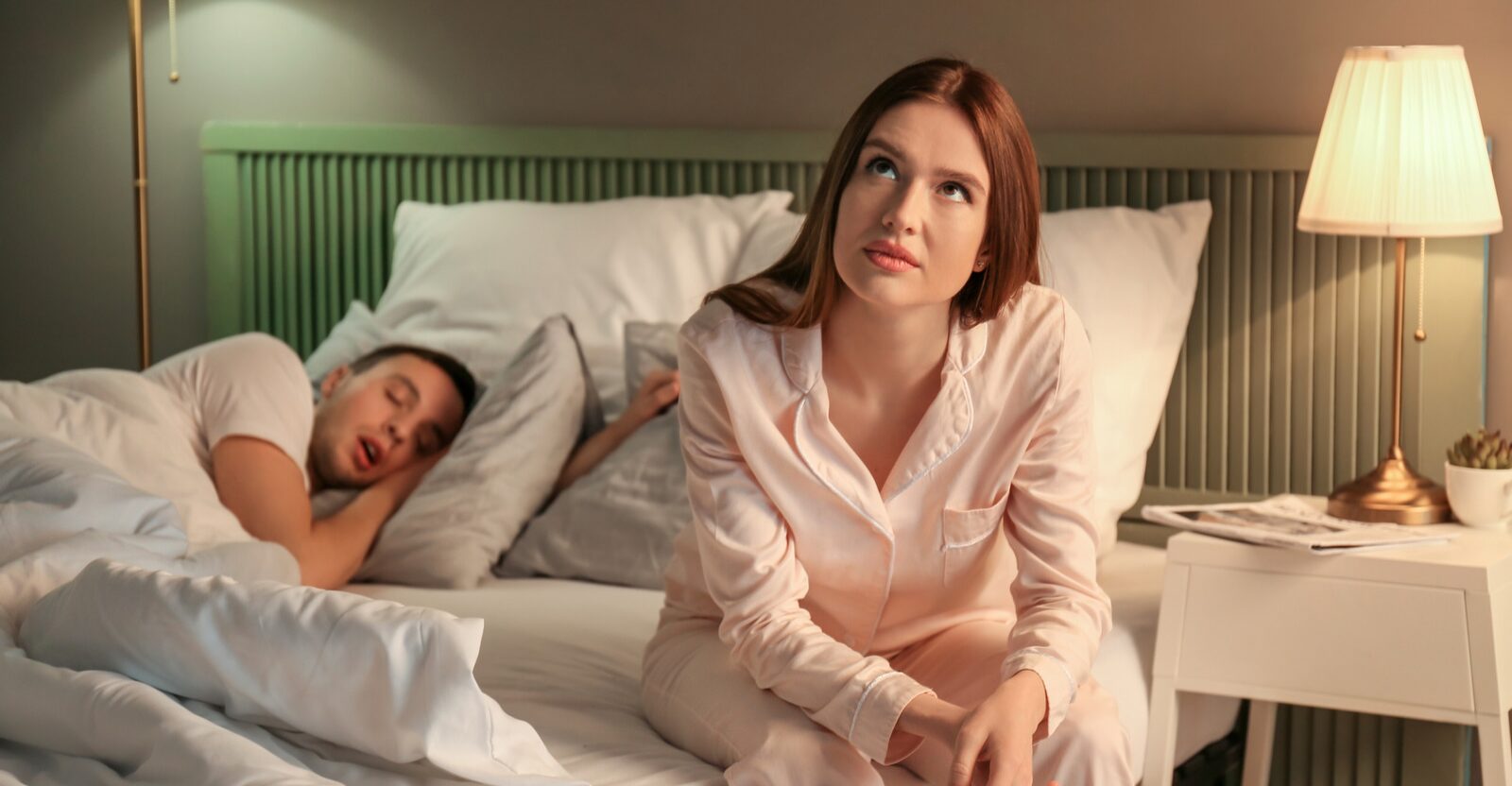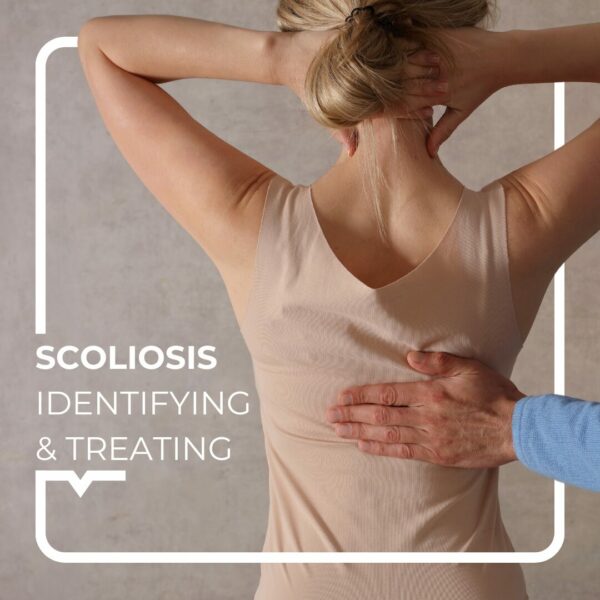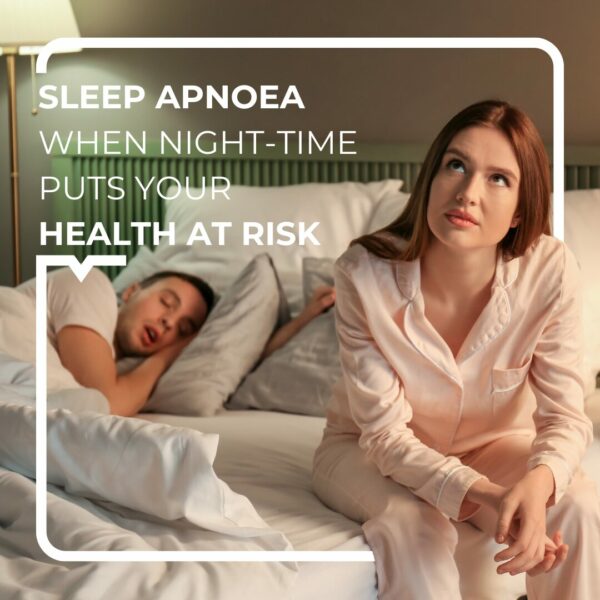Lucas has been suffering from sleep apnoea for several years, without realising it. It was only after several restless nights, frequent awakenings and persistent fatigue during the day that he decided to consult a specialist. After being diagnosed with obstructive sleep apnoea, he discovered that this disorder could have serious consequences for his general health.
Hello, this is Dr Joy!
Today we’re going to be talking about a condition that’s all too often overlooked: sleep apnoea. Together, we’re going to find out how to diagnose it and treat it effectively so that you can sleep better and improve your well-being.
I – What is sleep apnoea?
a) A common but under-diagnosed disorder
Sleep apnea is a disorder in which breathing stops temporarily several times during the night. These pauses in breathing, known as apnoeas, can last from a few seconds to a minute, and can be repeated dozens or even hundreds of times in a single night. The most common type, obstructive sleep apnoea, occurs when the throat muscles relax and temporarily block the airway.
b) Symptoms to watch out for
- Loud, frequent snoring
- Waking up at night with a feeling of suffocation
- Persistent fatigue during the day despite getting enough sleep
- Irritability and difficulty concentrating
If you notice these signs, it is essential to consult a health professional for screening, as over a billion people worldwide are affected.
II – The risks of sleep apnoea
a) A serious impact on health
Sleep apnoea is not limited to restless nights. This disorder can have serious consequences on health if it is not treated:
- Heart problems: high blood pressure, arrhythmia, and increased risk of heart attack.
- Strokes.
- Type 2 diabetes: disturbed sleep can affect the metabolism and worsen this condition.
- Chronic fatigue: leading to an increased risk of accidents, particularly road accidents.
b) A disorder linked to certain risk factors
Certain factors increase the probability of suffering from sleep apnoea, such as obesity, smoking, consumption of alcohol or sedatives, or advanced age.
III – How can sleep apnoea be treated?
a) Lifestyle changes
Lifestyle changes are also necessary to reduce the symptoms of apnoea. Losing weight, reducing alcohol consumption and improving sleeping habits by avoiding sleeping on your back can all help to adjust your life and reduce the negative effects of sleep apnoea.
b) Non-invasive solutions
Often, a doctor’s first recommendation is the use of a continuous positive airway pressure (CPAP) machine. This device sends a constant flow of air into the patient’s airways using a mask, thereby preventing night-time apnoea.
c) When should surgery be considered?
In certain serious cases, surgery may be considered to remove the tissue obstructing the airways. However, surgery is not always necessary when treatment with CPAP and lifestyle changes are sufficient to improve the condition.
Many people suffer from sleep apnoea without realising it. Yet this disorder can have serious consequences if left untreated.
If you recognise yourself in the symptoms described, don’t hesitate to consult a GP at Alegria, who will be able to enlighten you on the subject.
This information is not a substitute for medical advice.
You must seek the advice of your doctor or another qualified health professional with any questions you may have regarding your health condition.
Sources:



